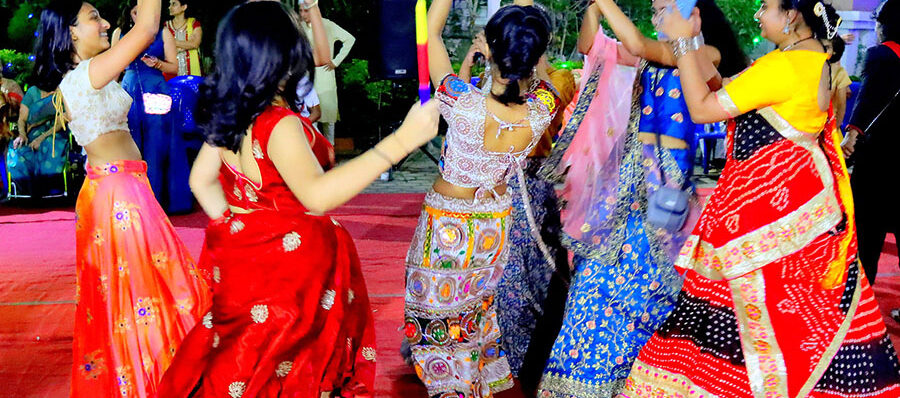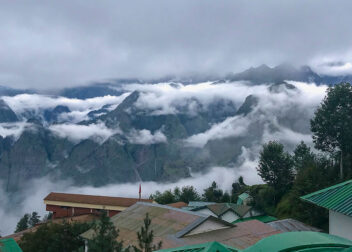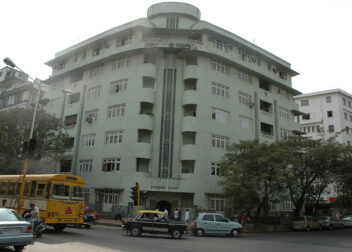Festivals Of Karnataka: List Of most Famous of Festivals
Explore the vibrant and diverse festivals of Karnataka, showcasing its rich cultural heritage and traditions. Discover the essence of Karnataka’s festivals, from the grand celebrations to the intricate rituals, in this comprehensive guide.
Introduction
Karnataka, a land of diverse cultures and traditions, is renowned for its colorful festivals that bring communities together in joyous celebrations. From religious festivals steeped in ancient rituals to cultural extravaganzas showcasing art and music, Karnataka’s festivals offer a glimpse into its rich heritage. In this article, we delve into the heart of Karnataka’s festive spirit, exploring a myriad of celebrations that define the cultural landscape of this enchanting state.
Famous of Festivals in Karnataka
Festivals in Karnataka are not merely events; they are reflections of the state’s vibrant culture and deep-rooted traditions. Each festival holds significant religious or cultural importance, marking auspicious occasions and fostering a sense of unity among its people. Whether it’s the grandeur of Mysuru Dasara or the simplicity of Ugadi, every festival encapsulates the essence of Karnataka’s ethos, celebrating life, prosperity, and togetherness.
Mysuru Dasara: A Royal Extravaganza
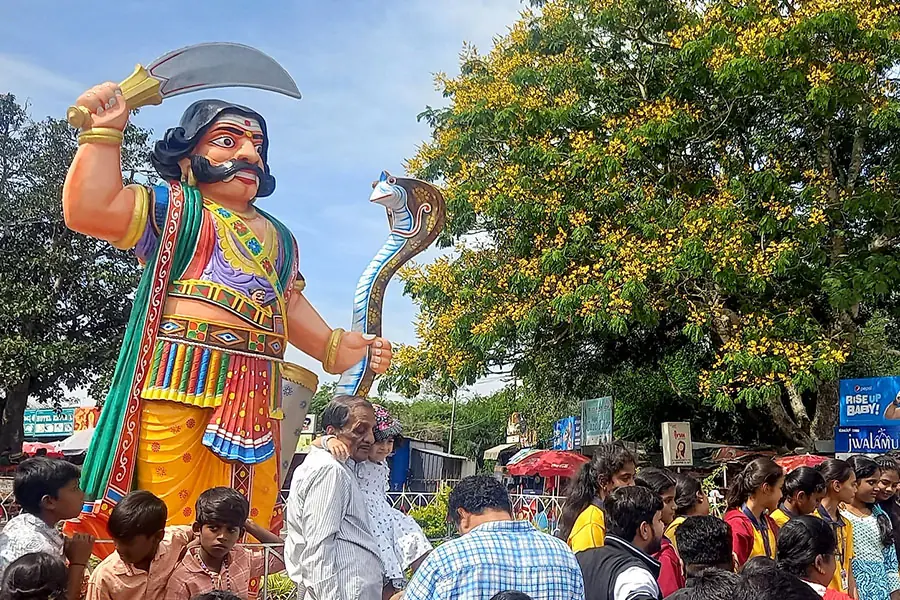
Mysuru Dasara, also known as Navaratri, is one of Karnataka’s most iconic festivals, celebrated with unparalleled grandeur and splendor. The ten-day extravaganza honors the victory of good over evil and commemorates the triumph of Goddess Chamundeshwari over the demon Mahishasura. The highlight of Mysuru Dasara is the majestic procession known as Jumbo Savari, where a decorated elephant carries the idol of the Goddess through the streets of Mysuru, accompanied by music, dance, and fervent devotion.
Season and Timing: Mysuru Dasara typically falls in September or October, marking the culmination of the Navaratri festival. The grand procession, known as Jumbo Savari, usually takes place on Vijayadashami, the tenth day of Dasara.
Ugadi: Welcoming the New Year with Hope
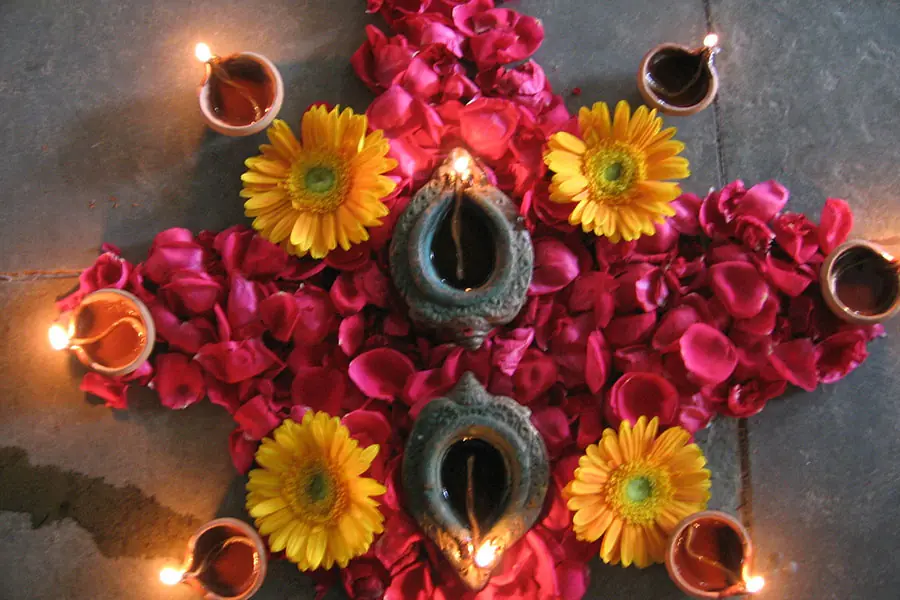
Ugadi, the Kannada New Year, heralds the arrival of spring and is celebrated with much enthusiasm and zeal across Karnataka. It marks the beginning of a new lunar calendar year and symbolizes new beginnings, prosperity, and happiness. The festival is marked by rituals such as the preparation of traditional dishes like holige and obbattu, the decoration of homes with mango leaves and rangoli, and the exchange of heartfelt wishes for a prosperous year ahead.
Season and Timing: Ugadi, the Kannada New Year, is celebrated in the month of March or April, marking the onset of spring. The festival coincides with the beginning of the Hindu lunar calendar.
Ganesh Chaturthi: Worshiping the Elephant-Headed Deity
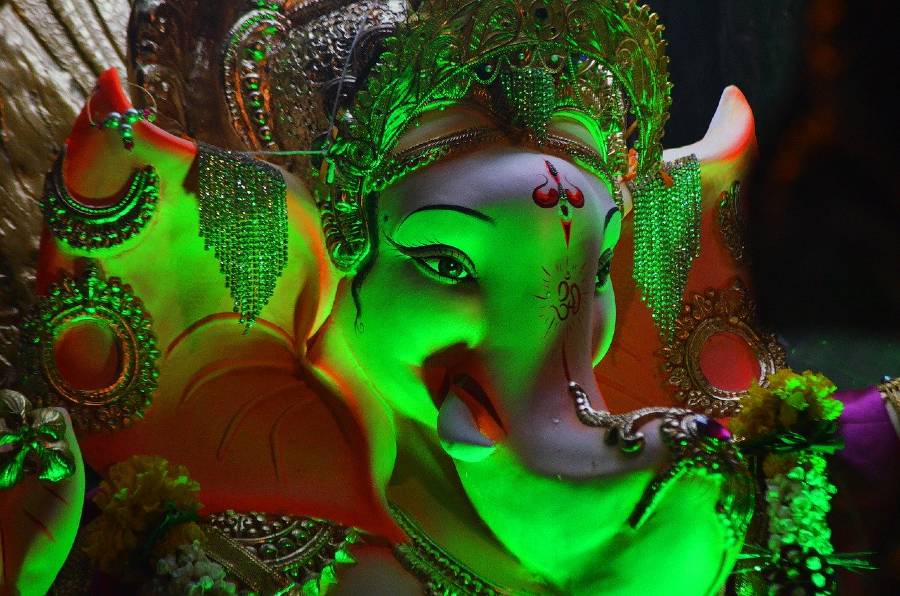
Ganesh Chaturthi holds special significance in Karnataka, where devotees fervently worship the beloved elephant-headed God, Lord Ganesha. The festival commemorates the birth of Lord Ganesha and is celebrated with great pomp and splendor. In homes and public pandals, elaborate idols of Lord Ganesha are installed, and devotees offer prayers, sweets, and flowers to seek his blessings for wisdom, prosperity, and success.
Season and Timing: Ganesh Chaturthi is celebrated in the Hindu month of Bhadrapada, which usually falls in August or September. The festival lasts for ten days, with the immersion of Ganesh idols on Anant Chaturdashi.
Karaga Festival: A Blend of Myth and Tradition
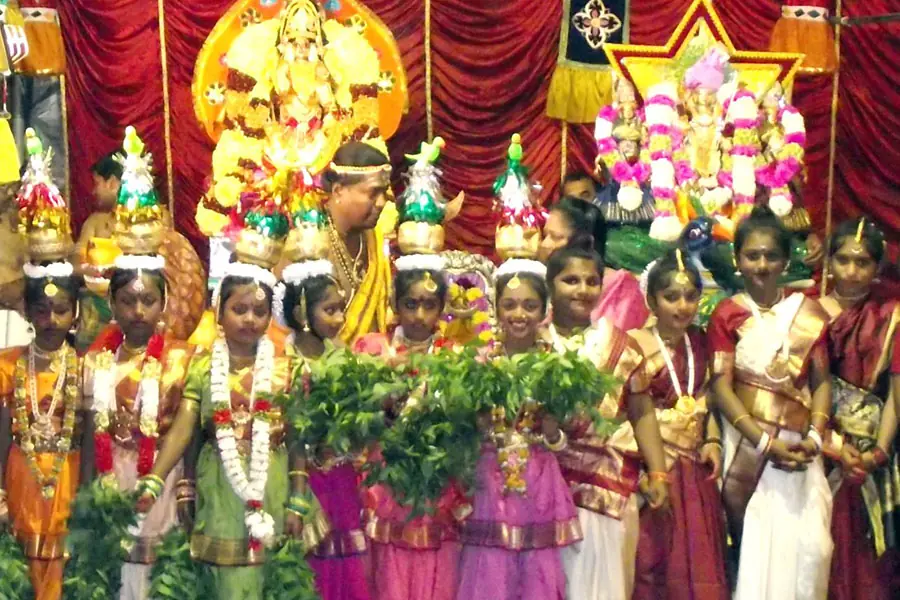
The Karaga Festival, an age-old tradition observed in Bengaluru, is a unique blend of mythology, folklore, and spirituality. Rooted in the legend of Draupadi, the festival honors the divine feminine energy and celebrates the triumph of good over evil. The highlight of Karaga Festival is the sacred procession led by the Karaga bearer, a male descendant of Draupadi, who carries the sacred Karaga pot on his head, symbolizing fertility and abundance.
Season and Timing: The Karaga Festival is typically celebrated in the Hindu month of Chaitra, which falls between March and April. The main procession takes place on the full moon day of Chaitra, known as Karaga Suddhi.
Yakshagana Habba: Theatrical Spectacle of Karnataka
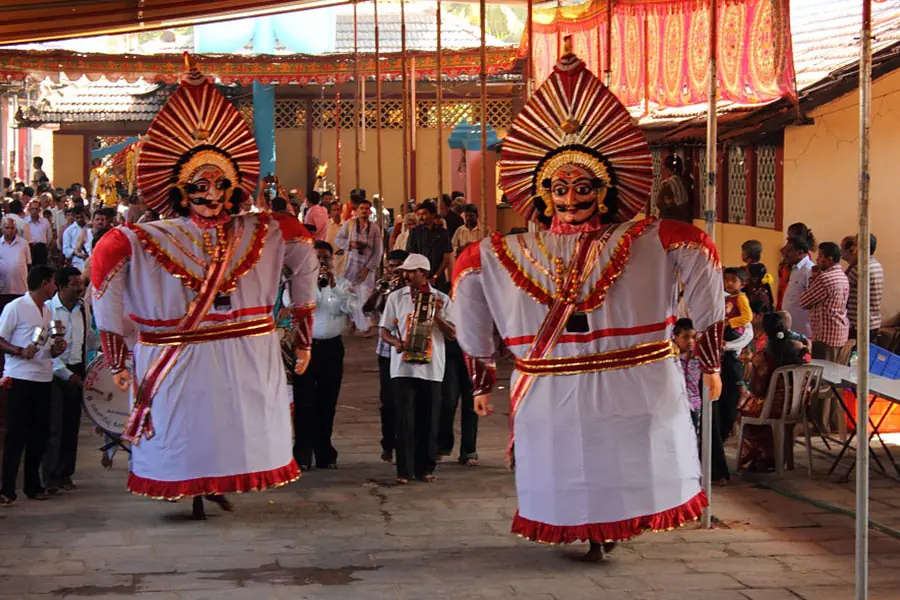
Yakshagana, a traditional form of theater native to Karnataka, takes center stage during the Yakshagana Habba, a festival dedicated to this ancient art form. Held in various regions of Karnataka, the festival features captivating performances that combine music, dance, dialogue, and elaborate costumes. With themes ranging from mythology to social satire, Yakshagana mesmerizes audiences with its colorful characters, dynamic storytelling, and rhythmic drumbeats, preserving Karnataka’s cultural heritage for future generations.
Season and Timing: Yakshagana Habba is celebrated throughout the year, with performances organized during various festivals and cultural events in Karnataka. However, major festivals dedicated to Yakshagana are held during the Hindu months of Margashira and Phalguna.
Pattadakal Dance Festival: A Tribute to Classical Dance
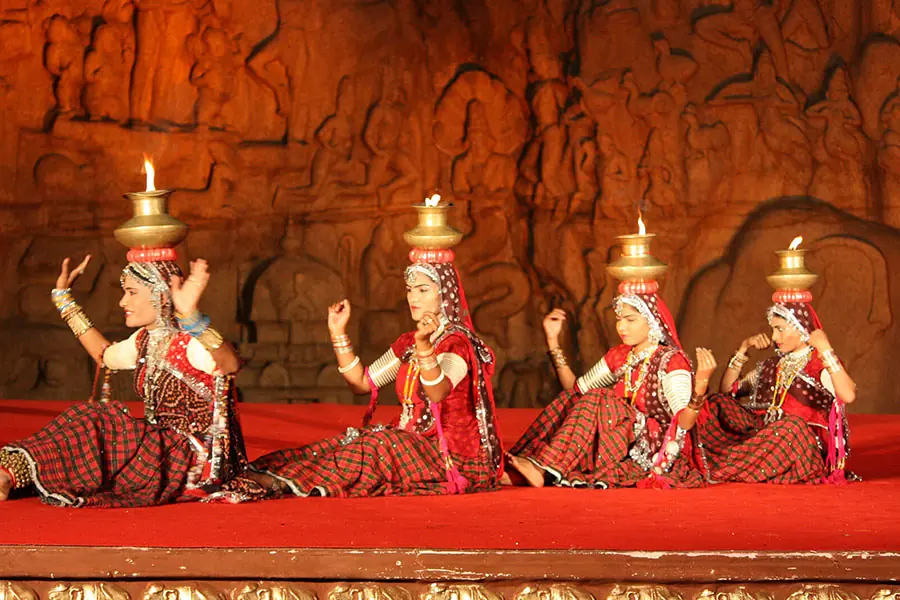
The Pattadakal Dance Festival, held amidst the stunning backdrop of the UNESCO World Heritage Site, Pattadakal, is a celebration of classical dance forms. Renowned dancers from across the country converge here to pay homage to Karnataka’s architectural marvels while enthralling audiences with mesmerizing performances. From Bharatanatyam to Kathak, the festival offers a glimpse into the timeless beauty of Indian classical dance traditions.
Season and Timing: The Pattadakal Dance Festival is usually held in January or February, coinciding with the auspicious period of Basant Panchami. The festival spans three days and showcases classical dance forms against the backdrop of the Pattadakal temples.
Hampi Utsav: Reviving Karnataka’s Glorious Past
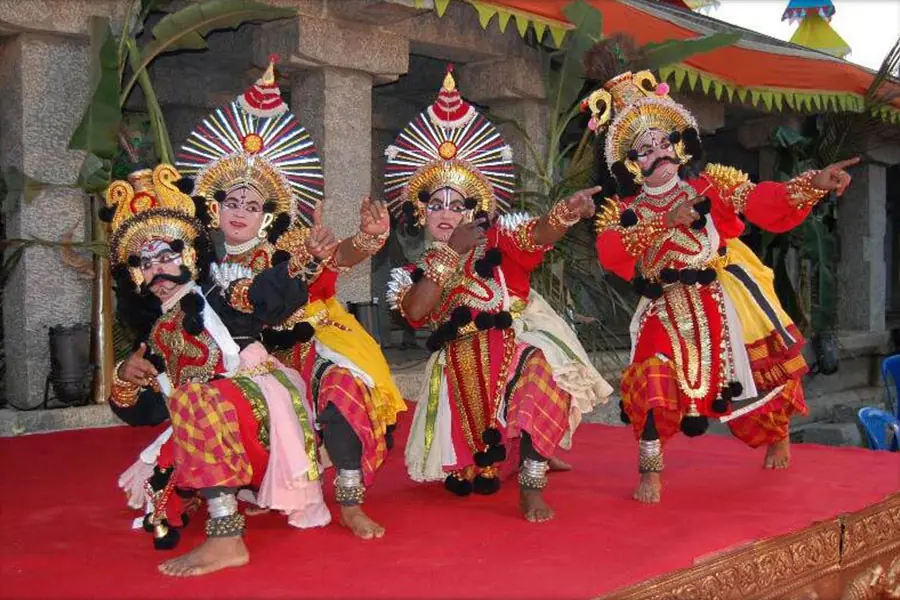
The Hampi Utsav, also known as the Vijaya Utsav, is a cultural extravaganza that commemorates the glory of the Vijayanagara Empire. Held annually in Hampi, the festival features vibrant processions, traditional music and dance performances, and spectacular light and sound shows that transport visitors back in time. As the ruins of Hampi come alive with festivities, the Hampi Utsav offers a unique opportunity to witness Karnataka’s rich historical legacy.
Season and Timing: The Hampi Utsav is typically held in November, coinciding with the favorable weather conditions for outdoor festivities. The festival spans three days and attracts visitors from across the country to witness Karnataka’s rich cultural heritage.
Makara Sankranti: A Harvest Festival of Joy
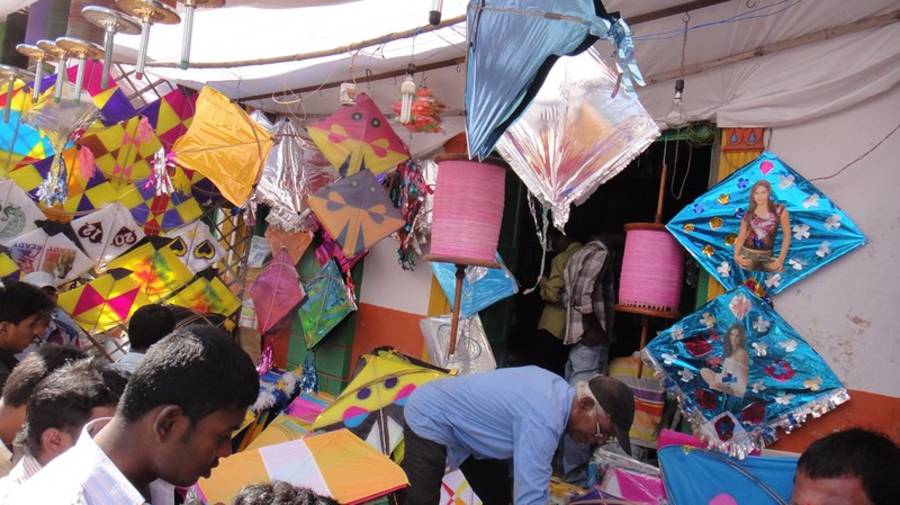
Makara Sankranti, celebrated in January, marks the transition of the sun into the zodiac sign of Makara (Capricorn). In Karnataka, the festival holds special significance as a harvest festival, symbolizing abundance and prosperity. People across the state indulge in traditional rituals such as kite-flying, offering prayers to the Sun God, and preparing delicacies like ellu bella and sugarcane sweets to usher in prosperity and good fortune.
Season and Timing: Makara Sankranti is celebrated in January, marking the transition of the sun into the zodiac sign of Capricorn. The festival usually falls on the 14th or 15th of January and coincides with the harvest season in Karnataka.
Kambala: Karnataka’s Traditional Buffalo Race
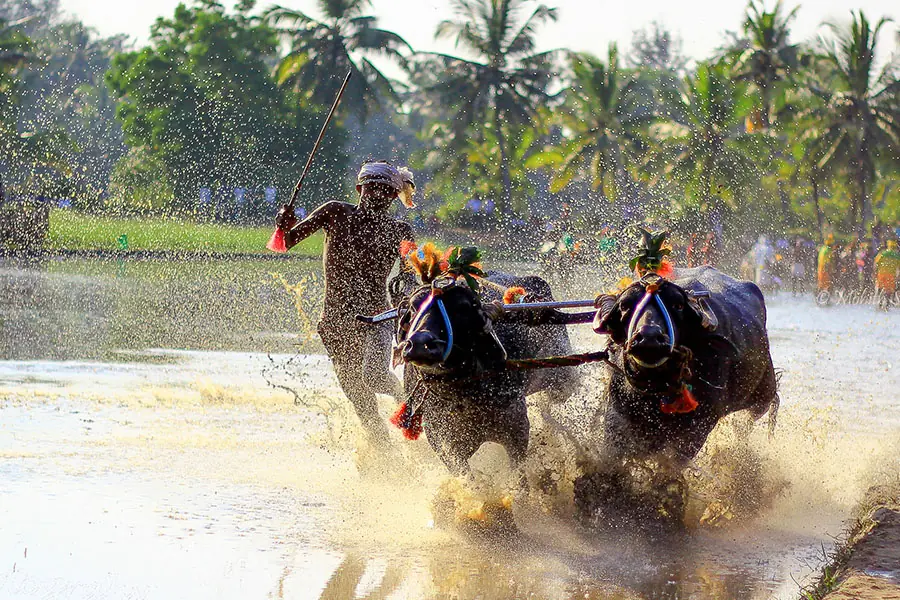
Kambala, a traditional sport native to the coastal regions of Karnataka, is a unique festival that celebrates the bond between farmers and their buffaloes. Held during the rainy season, Kambala involves racing pairs of buffaloes through slushy paddy fields, showcasing the animals’ agility and strength. With cheering crowds and fervent competition, Kambala embodies the spirit of Karnataka’s rural heritage and agricultural traditions.
Season and Timing: Kambala is traditionally held from November to March, coinciding with the monsoon season and the preparation of paddy fields for cultivation. The festival is organized in various villages across the coastal regions of Karnataka.
Dollu Kunitha: Rhythmic Beats of Karnataka’s Folk Dance
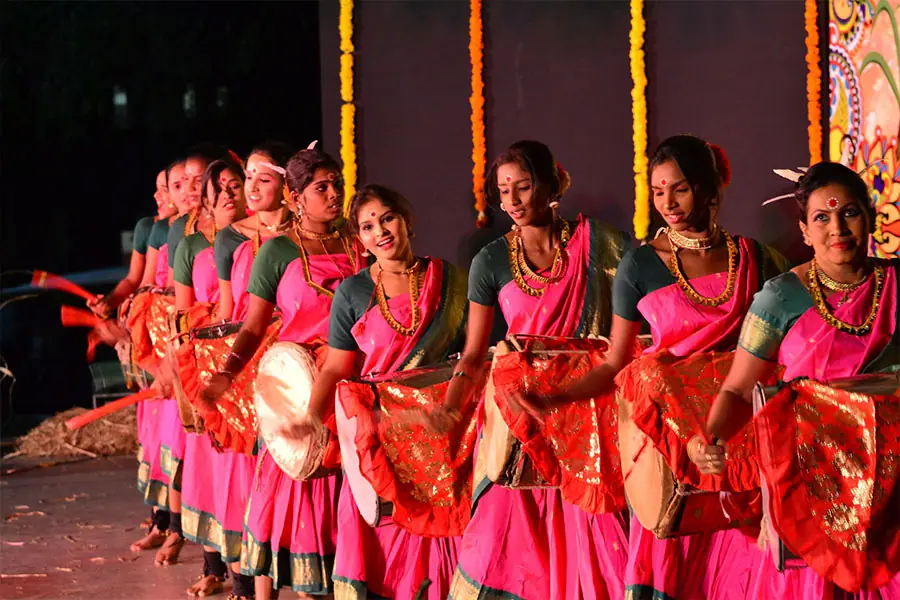
Dollu Kunitha, a vibrant folk dance form native to Karnataka, is celebrated during various festivals and religious occasions. Accompanied by the rhythmic beats of the dollu (a traditional drum), performers clad in colorful attire showcase intricate footwork and acrobatic movements, depicting stories from mythology and folklore. Dollu Kunitha festivals not only entertain but also serve as a testament to Karnataka’s rich folk heritage and cultural diversity.
Season and Timing: Dollu Kunitha performances are organized throughout the year, especially during religious festivals and cultural events in Karnataka. However, major gatherings dedicated to Dollu Kunitha are held during the harvest season, from November to January.
Kadalekai Parishe: A Festival of Groundnuts
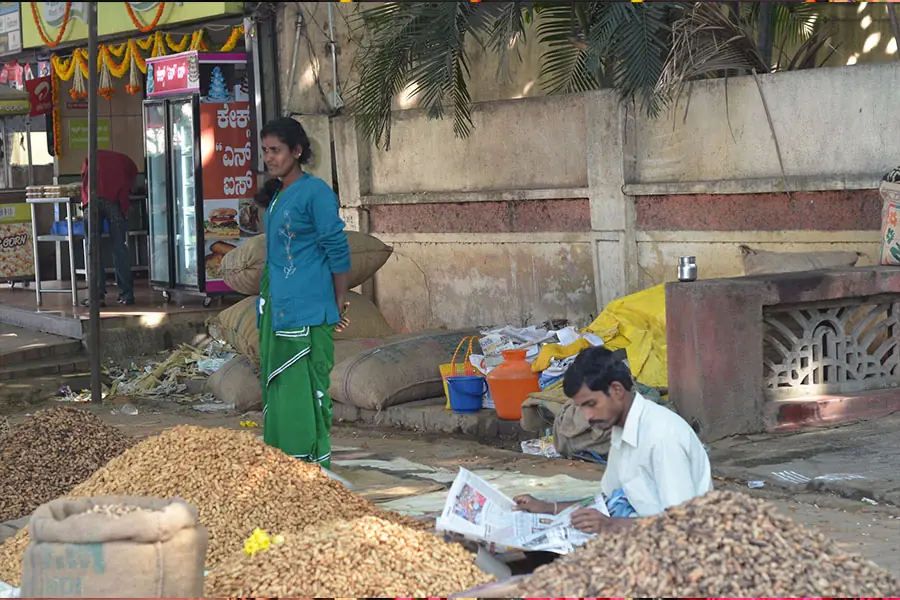
Kadalekai Parishe, held annually in Bengaluru, is a unique festival dedicated to the humble groundnut. Dating back centuries, the festival brings together farmers, traders, and visitors from far and wide to buy and sell an assortment of groundnuts. With stalls offering roasted groundnuts, traditional snacks, and handmade crafts, Kadalekai Parishe is a vibrant celebration of Karnataka’s agricultural bounty and culinary delights.
Season and Timing: Kadalekai Parishe is celebrated in November, coinciding with the harvest season of groundnuts in Karnataka. The festival usually takes place over two days, attracting farmers, traders, and visitors to Bengaluru’s Bull Temple.
FAQs (Frequently Asked Questions)
What are the major festivals celebrated in Karnataka?
Karnataka celebrates a diverse range of festivals, including Mysuru Dasara, Ugadi, Ganesh Chaturthi, Karaga Festival, Hampi Festival, and Yakshagana Habba.
How do people celebrate Mysuru Dasara?
Mysuru Dasara is celebrated with grand processions, cultural performances, and religious rituals, culminating in the spectacular Jumbo Savari where the idol of Goddess Chamundeshwari is paraded through the streets of Mysuru.
What is the significance of Ugadi in Karnataka?
Ugadi marks the beginning of the Kannada New Year and is celebrated with traditional rituals, feasting, and the exchange of greetings to usher in prosperity and happiness.
Why is Ganesh Chaturthi important in Karnataka?
Ganesh Chaturthi is celebrated with fervent devotion in Karnataka to honor Lord Ganesha, the remover of obstacles, and seek his blessings for success, wisdom, and prosperity.
What is the legend behind the Karaga Festival?
The Karaga Festival is rooted in the epic Mahabharata and celebrates the divine feminine energy through the legend of Draupadi, symbolizing strength, resilience, and victory over adversity.
What can visitors expect at the Hampi Festival?
The Hampi Festival offers a captivating blend of cultural performances, historical reenactments, and traditional crafts set against the backdrop of the enchanting ruins of Hampi, a UNESCO World Heritage Site.
Conclusion
Festivals in Karnataka are more than just occasions for celebration; they are reflections of the state’s rich cultural tapestry and deep-rooted traditions. From the grandeur of Mysuru Dasara to the artistic allure of the Hampi Festival, each celebration offers a glimpse into Karnataka’s vibrant heritage. As communities come together to revel in the joyous festivities, the spirit of unity, diversity, and tradition shines brightly, embodying the essence of Karnataka’s festivals.

